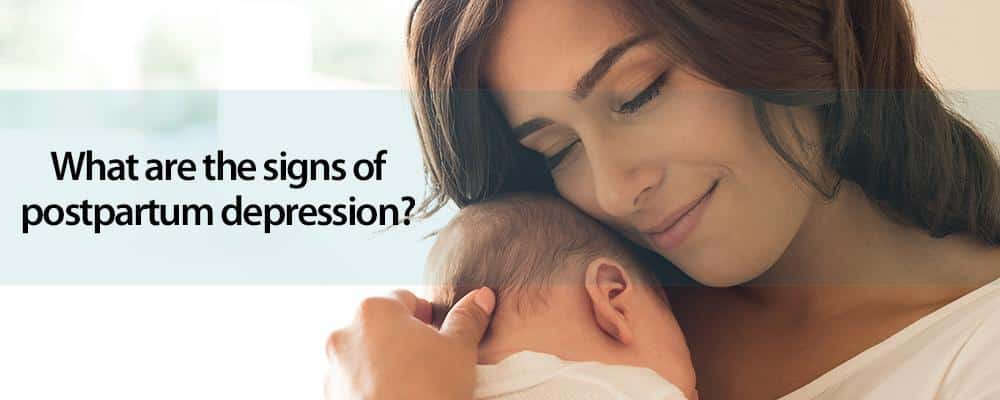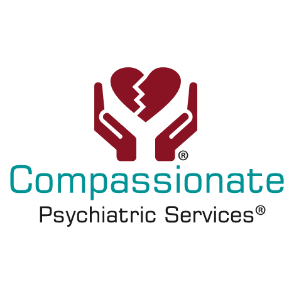
Postpartum Depression (PPD), also referred to as perinatal depression, is a prevalent type of depression that develops after giving birth to a baby. Depression can lead to a range of negative emotions such as emptiness, lack of emotions, and sadness. It can also result in fluctuations in mood and energy levels, ultimately leading to an overwhelming feeling of hopelessness.
PPD is a serious disorder and should not be taken lightly. Many people feel sad, empty, moody, or fatigued within a few days of giving birth, but postpartum depression goes well beyond that. Postpartum depression lasts for weeks after the birth of the child with severe symptoms that interfere with your ability to function.
PPD is a prevalent condition that cannot be entirely prevented. Being aware of the signs and symptoms can assist you in recognizing, handling, and receiving treatment promptly if necessary:
- Sadness
- Overwhelm
- Thoughts of hurting yourself or your baby
- Lack of interest coupled with low energy and motivation
- Feeling worthless, guilty, or shame as a parent
- sleeping too much or too little
- Change in food relationship
- Anxiety
- Chronic headaches, pains, or digestion issues
PPD can be treated through medication, specific forms of therapy, and support groups. The most effective approach is a combination of therapy and medication. Antidepressants, either alone or in combination with other medications, are the most prescribed treatment for postpartum depression.
Common medication treatments might include:
- Serotonin reuptake inhibitors (SSRIs)are common antidepressants with fewer side effects.
- Atypical antidepressants target several neurotransmitters in the brain that affect mood and depression that don’t respond to SSRIs.
- Brexanolone is given by a healthcare professional through an IV over the course of 60 hours.
The sudden drop in estrogen and progesterone hormones after delivering a baby may play a role in the development of PPD. Hormone therapy could potentially aid in the management of PPD however, it is accompanied by certain side effects:
- Weight fluctuation
- Nausea, vomiting, and abdominal cramps
- Migraine headaches
- Hair loss
- Hypertension
- Vaginal yeast infections
Cognitive Behavioral Therapy (CBT) can significantly improve postpartum depression symptoms. CBT uses techniques and strategies to change thinking patterns like distorted thinking, it increases problem-solving skills and helps to develop confidence.
Wellness practices that can be done at home include self-care, maintaining a healthy diet, engaging in physical exercise, and practicing yoga, and meditation. When used in conjunction with conventional medication and therapy, it can improve an individual’s overall well-being.
Compassionate Psychiatry Services (CPS) provides support in managing and reducing symptoms for individuals experiencing PPD.
If you or someone you know has been affected by this condition, please do not hesitate to contact us today.


